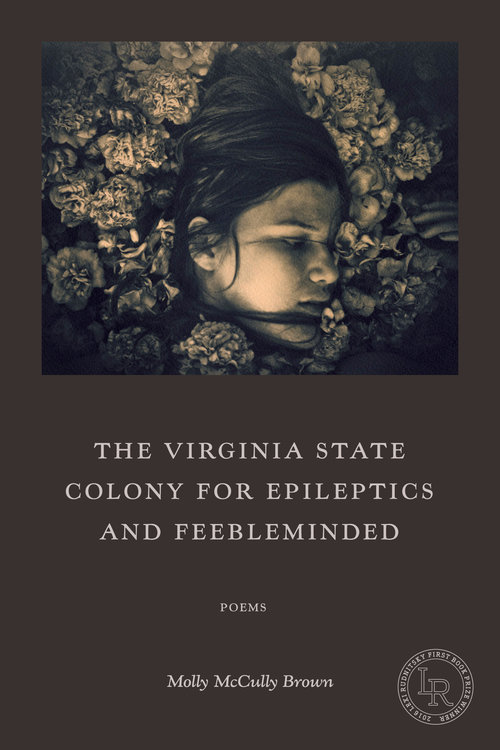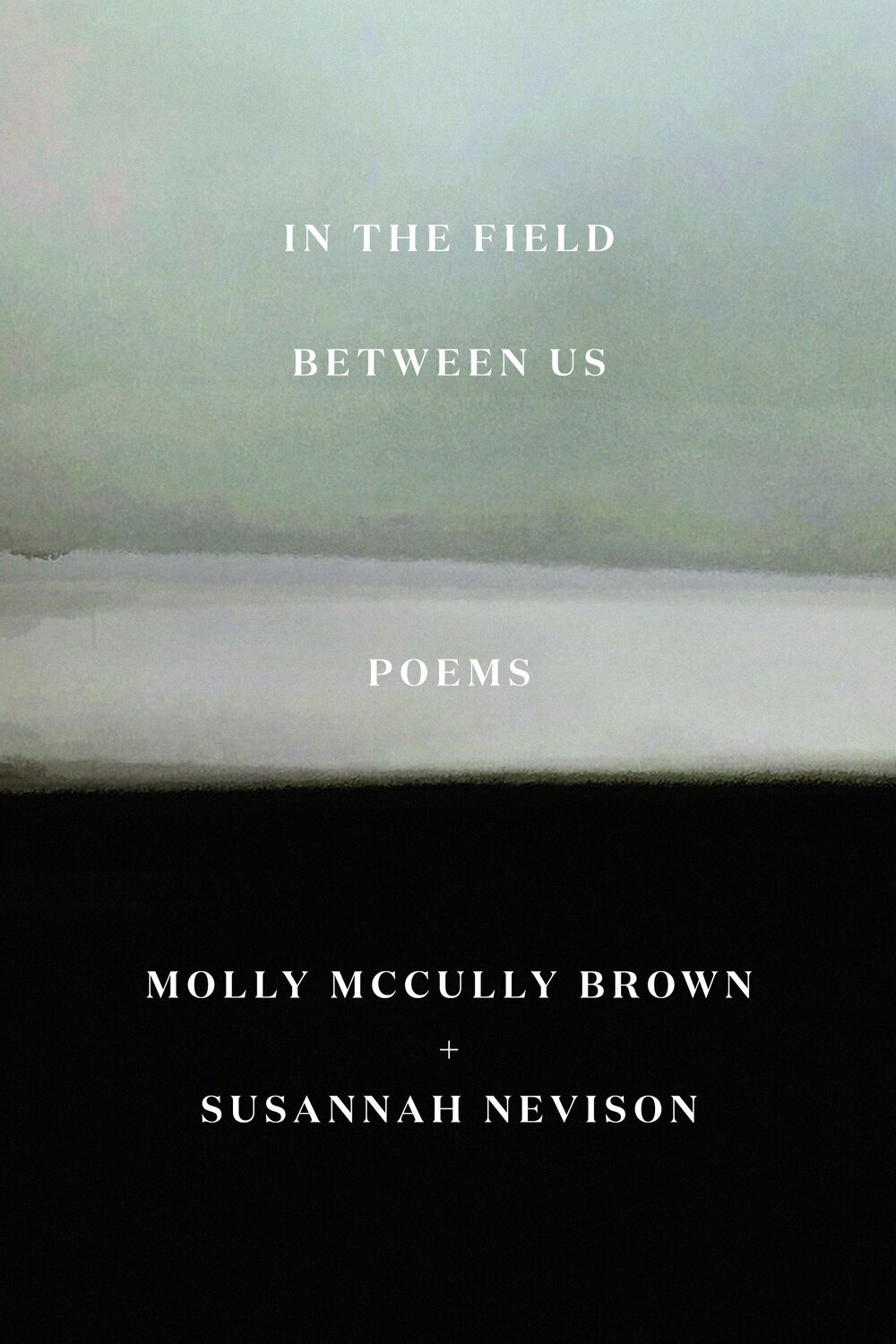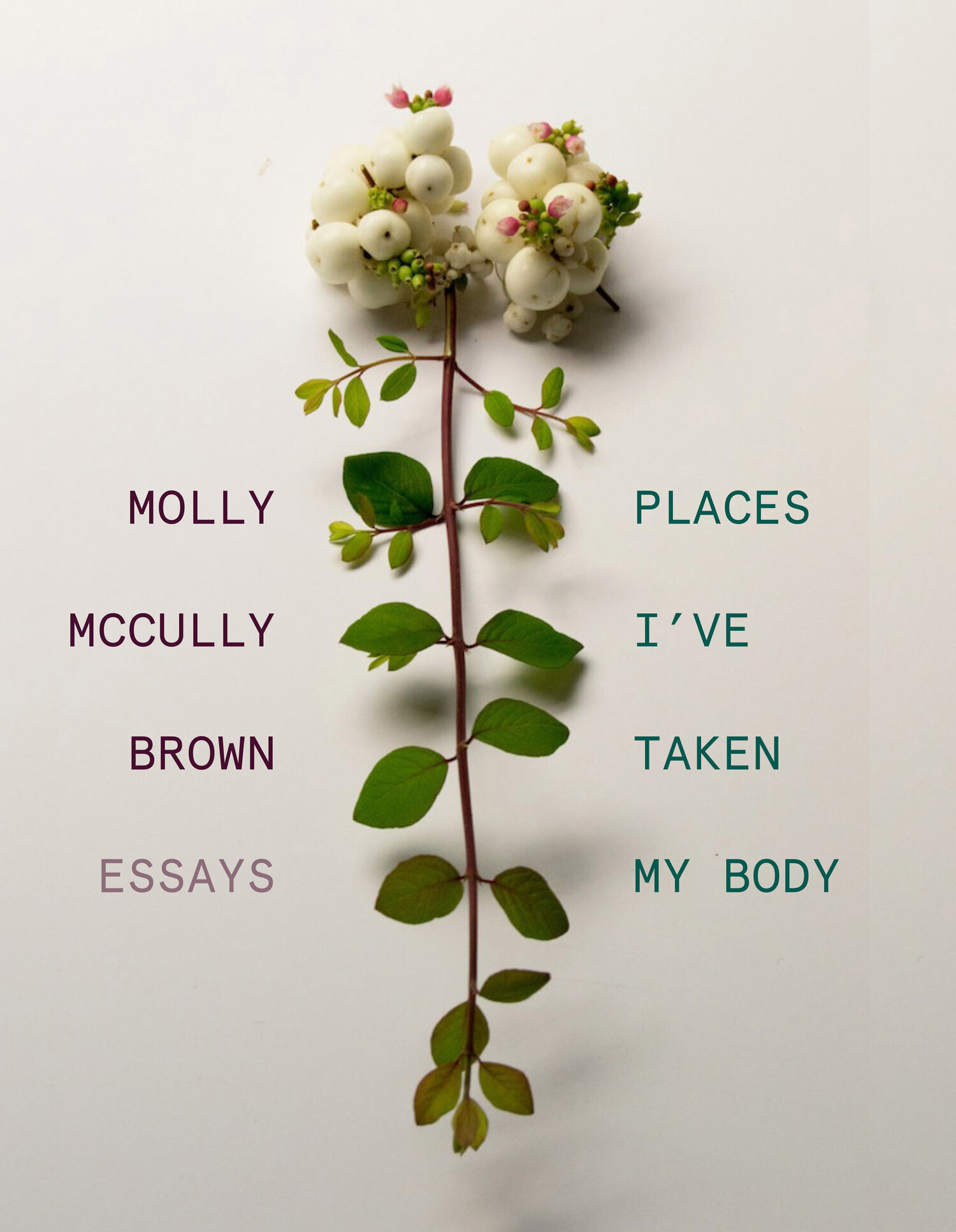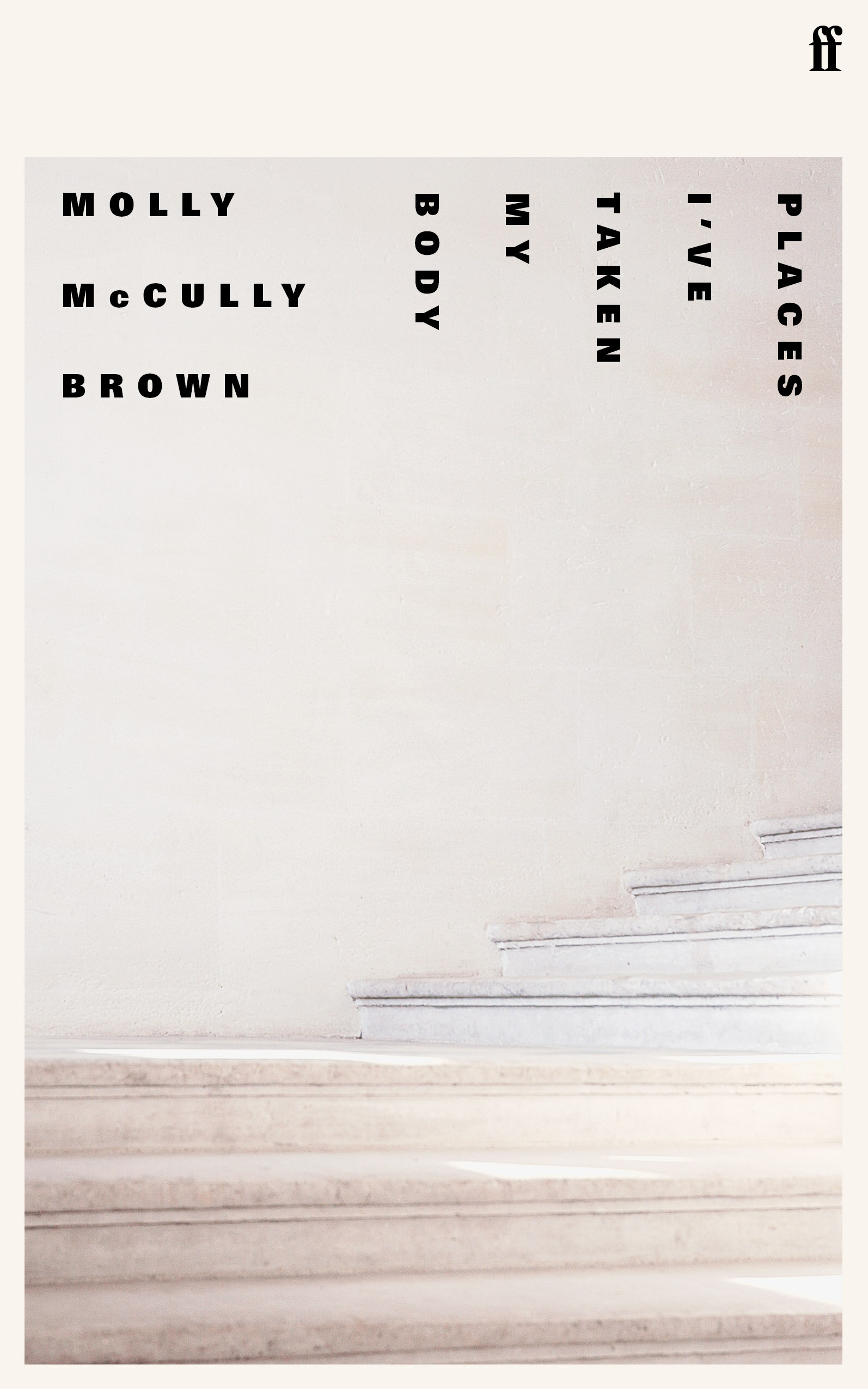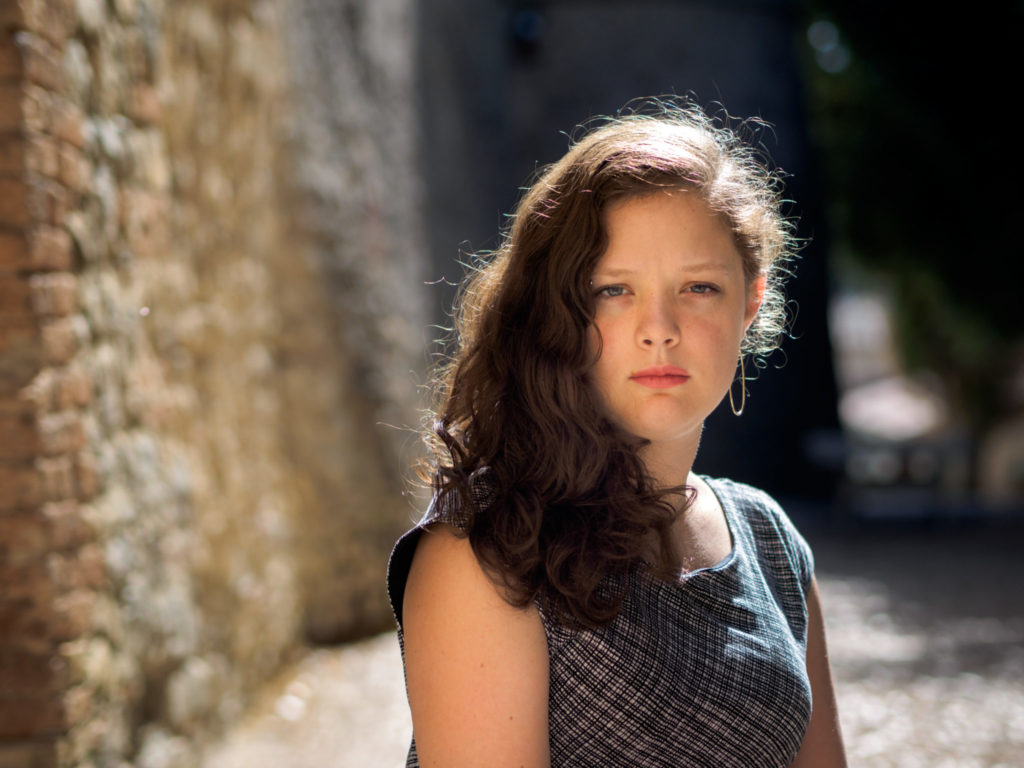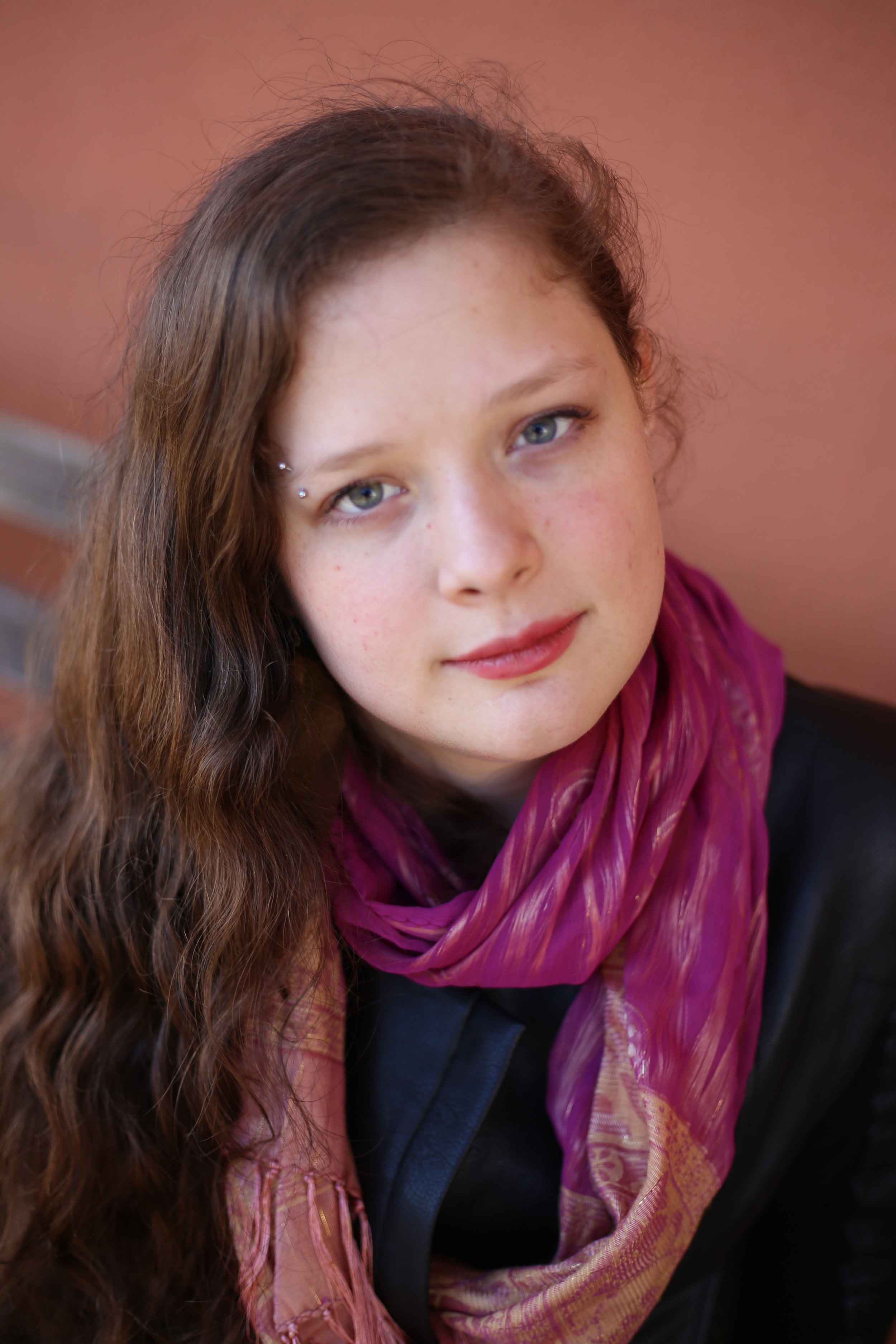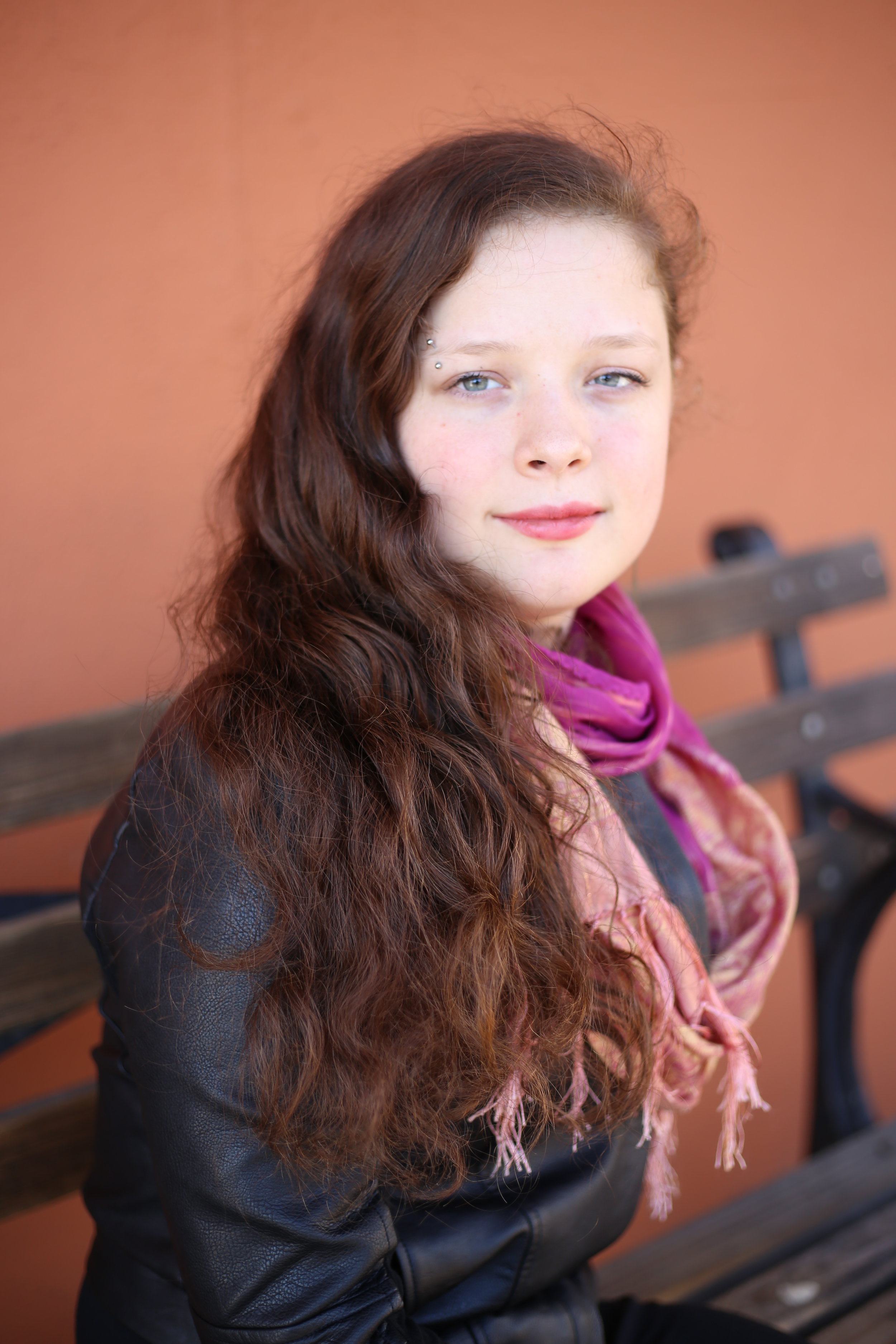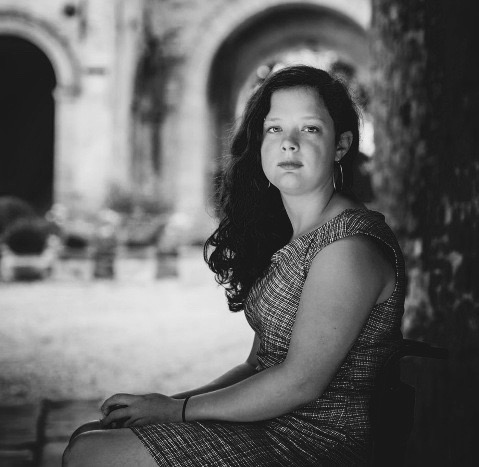PRESS & INTERVIEWS
Listen to Molly on Fresh Air with Terry Gross:
“Molly McCully Brown…grew up near the former Virginia State Colony for Epileptics and Feebleminded. In her new collection of poems, she imagines life inside the colony. Brown also talks about faith, the death of her twin sister, and how her body and poetry are connected…”
More Press & Interviews
Watch Molly in conversation with the writer Leslie Jamison
Read a profile of Molly at Kirkus
Read an interview with Molly and her coauthor Susannah Nevison at The Rumpus
Listen to an interview with Molly and her coauthor Susannah Nevison on The Poetry Foundation Podcast.
Read an interview at The Southern Review of Books
Hear Molly on Hidden Brain Podcast
Read an interview at The Adroit Journal
Read an interview at Newfound
Selected Reviews
[OF PLACES I’VE TAKEN MY BODY]
“At times painful to read, it is equally difficult to put down. The reader feels Brown’s anguish but also appreciates fleeting moments of beauty ... The essays are enlightening on so many levels as she describes situations many of us take for granted ... Brown’s essays can feel like a punch in the gut, but they are beautiful, nevertheless.” — Read More in Booklist (starred review)
“Brown is a writer to watch...Heartfelt and wrenching, a significant addition to the literature of disability.” — Read More in Kirkus Reviews (starred review)
“To corral this collection exclusively into 'disability literature' would be to underestimate it... our bodies are only ever ours on loan.” — Read More in the Times Literary Supplement
“…careful attention shines in this essay collection, which opens a window into Brown’s graceful interior life.”— Read More in BookPage
“McCully Brown complicates her ideas about survival, exploring memory and what it means to forget in order to survive.” — Read More in Brevity
“Places I’ve Taken My Body will strike chords in anyone who’s ever questioned their faith, been challenged by their body, or who has ever been vulnerable—which is to say, all of us.”— Read More in Forward Reviews
[OF IN THE FIELD BETWEEN US]
“In this ethereal series of epistolary poems, two disabled poets build their own language of imagery and landscape where trees ask the question the speakers relentlessly examine: “what would you weather just to call yourself alive?” — Read More in Publisher’s Weekly
“Through a shared language of loss and grace, mercy and empathy, In the Field Between Us shows how any of us somewhere in the process of fully knowing ourselves can make peace with our bodies—or build each other new ones.” — Read More in EcoTheo Review
“This is what it’s like: mythical, surreal: dreams of a body transforming, or the environment, or both: dreams of a life where there is freedom, finally, from gravity. The world Nevison and Brown conjure includes…only the occasional mention of doctors and nurses or a sense of pinpoint-able place. Their world is full of rivers and trees and wild creatures, scars and mud and bones.” —Read More In Drizzle Review
[OF THE VIRGINIA STATE COLONY]
“Molly McCully Brown’s first book of poems, “The Virginia State Colony for Epileptics and Feebleminded,” is part history lesson, part séance, part ode to dread. It arrives as if clutching a spray of dead flowers. It is beautiful and devastating.” –Read More in The New York Times
“It’s [Brown’s] rich imagery that stands out most: “That one has a cave for a face/ blank, unlit, and fallen in./ Back wherever she began/ somebody clapped his hands/ and the fire went out./ But, somehow, she continued to burn.” Brown’s humbling and heartbreaking poems restore dignity to lives sacrificed in the name of perfection.” – Read More in Publisher’s Weekly (boxed, starred review)
“…this exploration of an actual government-run facility in Virginia confronts the marvels and failings of the body, and how the spirit transcends it. It’s an urgent book.” – Read More in Pleiades Editors’ Picks for Best Books of 2017
“Brown’s work urges into understanding the notion that both fear and empathy are rooted in a single, somber utterance: I could have been you.” – Read more from Laura Eve Engel in The Oxford American
“The book’s total strength is anchored in its clear narrative, its troubled engagement with faith, and Brown’s deft use of local history that easily might have become her personal history.” — Read More in Marginalia at the LA Review of Books

